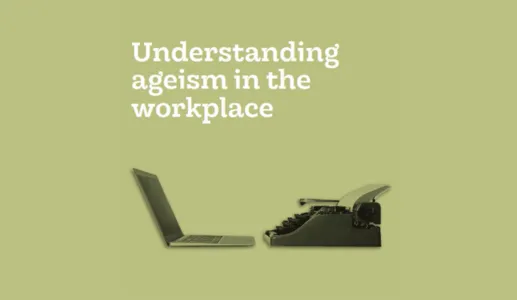
Understanding Ageism in the Workplace
One in three workers in Portugal say they have suffered some kind of moderate or serious discrimination at work.
The new FFMS study looked in to the Portuguese labour market to understand how the different generations see each other and how they behave towards each other.
The results show that workers in Portugal are subject to ageism, i.e. they are discriminated against on the basis of their age. Ageism can have important consequences, mostly negative, on health, performance and productivity, affecting both individuals and organisations.
It is mainly young people between the ages of 18 and 35 who report being discriminated against the most – from recruitment to promotion and dismissal. This age group is often singled out for their lack of commitment, a poor work ethic and arrogance and it is now known that these stereotypes are more likely to be shared by middle-aged and, above all, older workers.
However, the team of researchers coordinated by David Patient concluded that ageism in the workplace is bidirectional: while young people are discriminated against more by older workers, it is the young people that perpetuate stereotypes associated with older generations. Younger workers perceive them as being less adaptable, having less valuable skills and lower performance.
This research makes it possible to understand how ageism in the workplace is a serious problem for organisations and provides recommendations for combating it.
To this end, data was collected from different opinion studies – including a representative sample of the Portuguese population of 1,000 people – and more than 20 surveys were carried out. The conclusions reached by the researchers and their recommendations are available in the full study and are explained in the video below.














